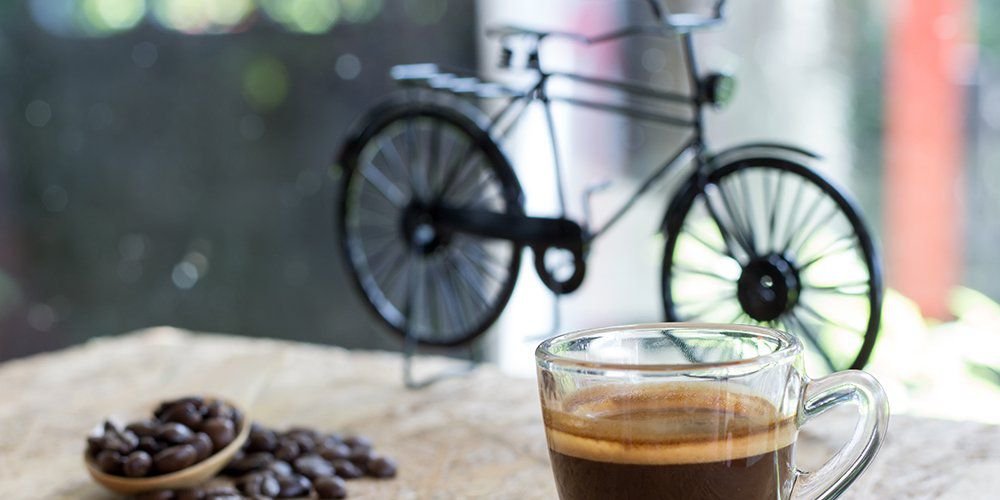
The importance of a good quality diet for endurance athletes makes the difference between functioning at your best or breaking down.
- Have a plate full of varied vegetables, lean protein & good fats.
- Avoid junk foods, processed foods including too many energy bars & gels.
- Limit your intake of alcohol & limit your intake of caffeine to the mornings.
Another thing to think about, are you eating enough? Tiredness can be a symptom of not eating enough calories, if you are sleeping 8hrs & not overtraining & feel tired look at your diet. Many endurance athletes fuel their workouts okay but then end up in a deficit in their total days calories & this can be down to a fear of putting weight on or just not knowing how many calories they should be eating a day & this deficit will affect your ability to train to your full potential.
Start the day with a good quality breakfast approximately a third or more of your daily calories, this will set you up for the day & avoid getting tired in the evenings & eating poorly or too much.
These symptoms could be a sign of not eating enough calories:
- You are not enjoying your workouts, feel difficult & lack quality
- You get more hungry in the evenings
- You are constantly thinking about food & crave sweet food
- Feel tired even though getting enough sleep
- Not recovering well
The timing of eating is important too, especially for athletes, as you don’t want to be running straight after you have eaten a big meal even if it was high quality. Make sure you are having your nutrition approximately 1 to 3 hours before a training session & if you are prone to GI stress then limit the amount of fibre before a workout. Then refuelling from 30 to 60 minutes after a workout of good quality carbohydrates & protein when your muscles are primed to accept nutrients.
Monitoring your macronutrients will help your performance better as well & this might need some trial & error to see what percentage of each macronutrient works best for you. As a triathlete you might need more carbohydrate (the body’s primary energy source) but do play around as some triathlete’s find they perform better with a higher fat diet. I would suggest starting with 40-65% of carbohydrates, 20-30% protein & 20-35% of good fats, play around until you find what ratio’s works best.
Things to look out for are:
- Feeling low in energy before, during & after workouts
- Frequently feeling fatigued
- Not recovering well
An important nutrient we forget is enough hydration. Getting enough will help with digestion, absorption of nutrients, healthy skin & optimal brain power. Getting enough hydration plus electrolytes is also important during training & racing. How much you should drink can vary between individuals so pay attention to your thirst & drink at first signs.
Signs to look out for are:
- Feeling fatigued
- Dry lips & throat
- Headaches & not being able to concentrate
Finally try to keep a healthy relationship with food as it can become obsessive & cause feelings of guilt. Remember that eating should also be pleasurable & all foods have some nutritional benefits just some eaten less frequently than others, but mainly to not beat yourself up when you do eat that guilty pleasure. Just as long as you prepare meals at home more than you eat out & limit to a minimum pre-packaged convenience foods, you will be on the right track.
